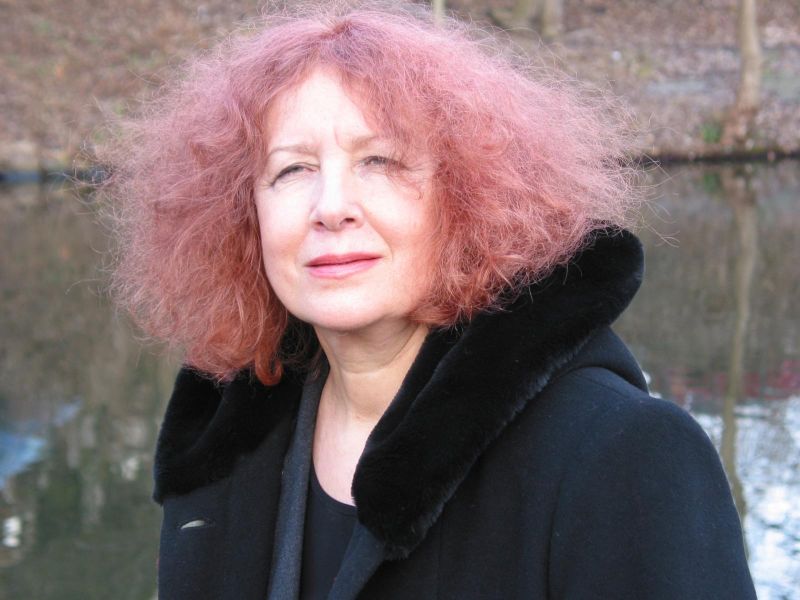Janina Szarek and the Teatr Studio am Salzufer – Tadeusz Różewicz Bühne Berlin
Mediathek Sorted
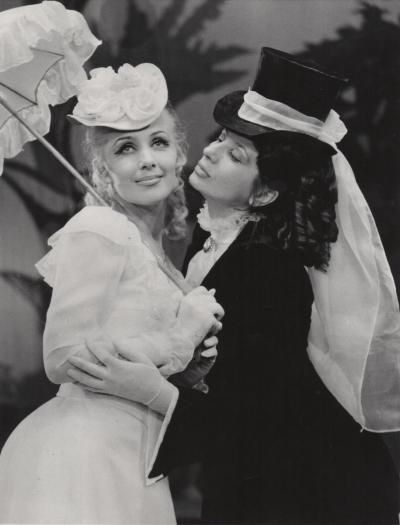
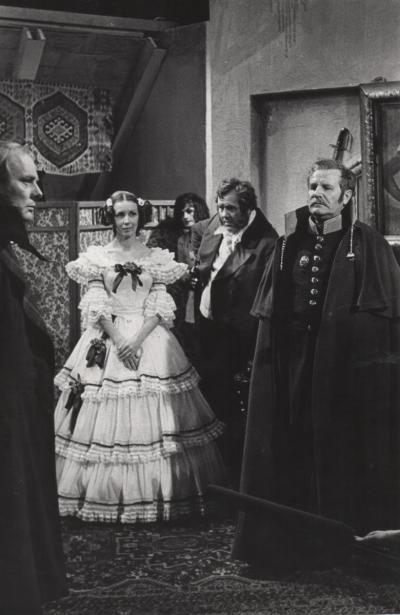
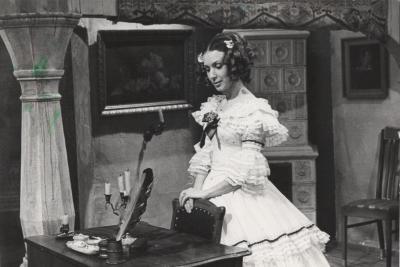
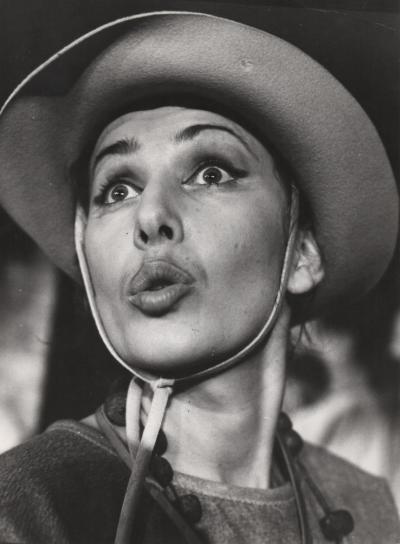
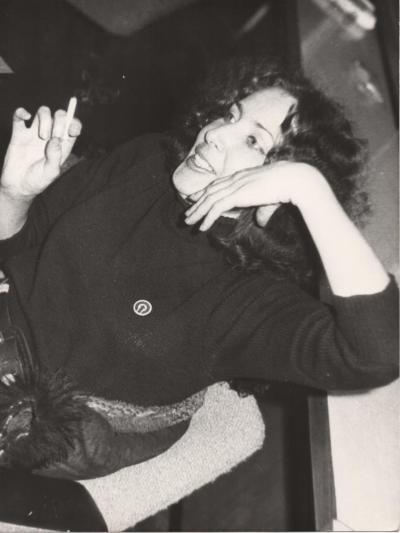
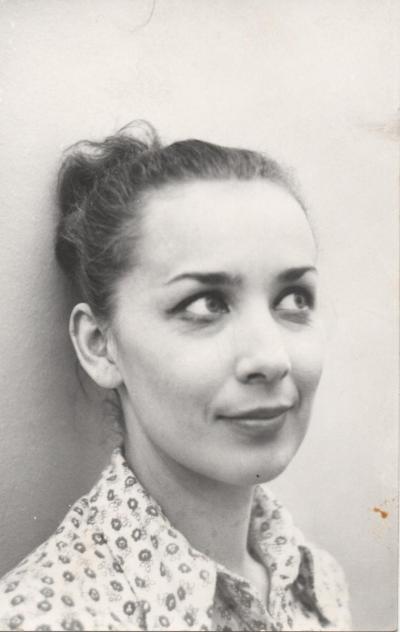
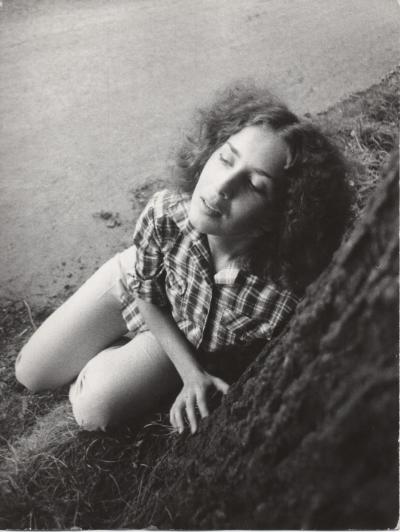
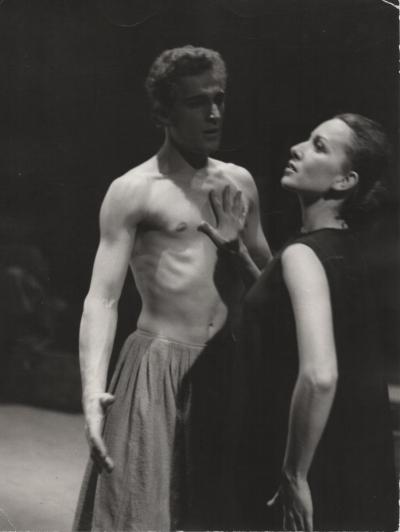
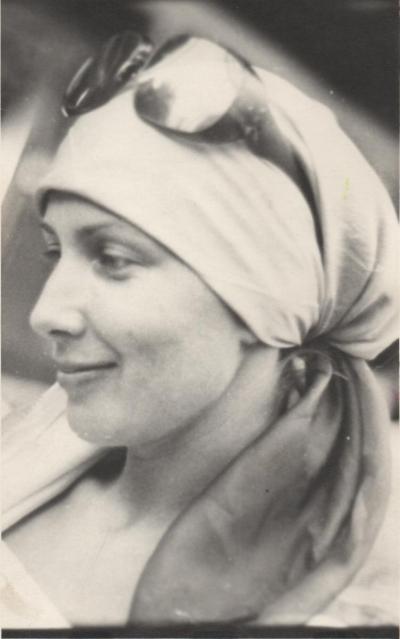
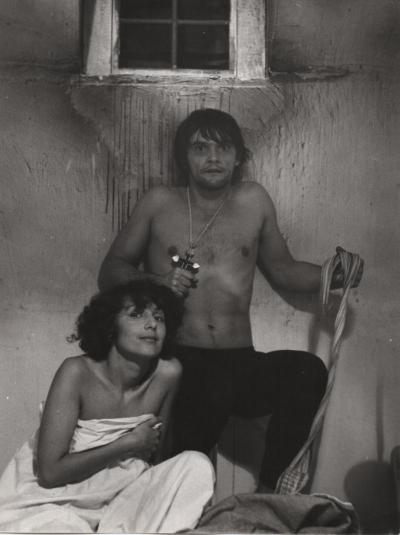
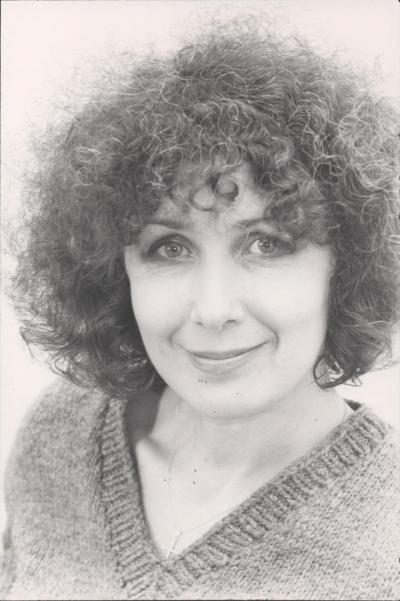
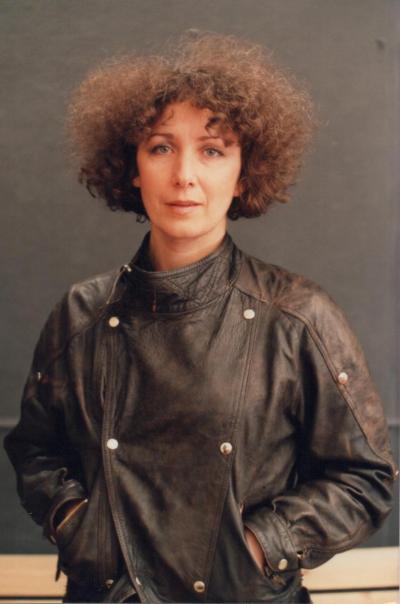
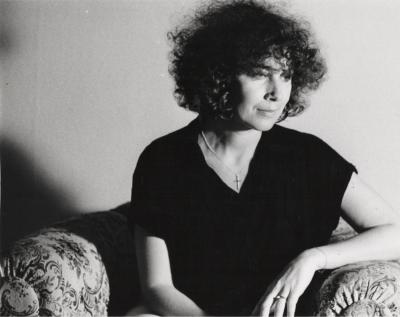
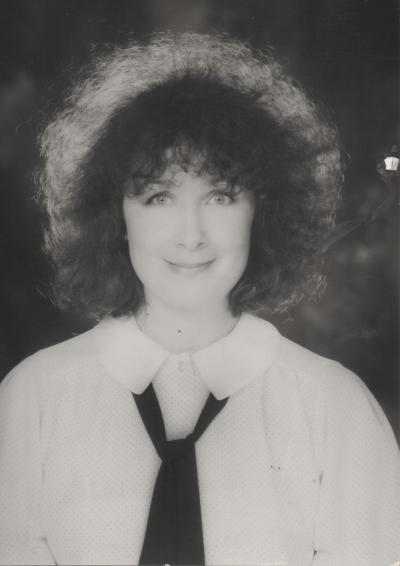
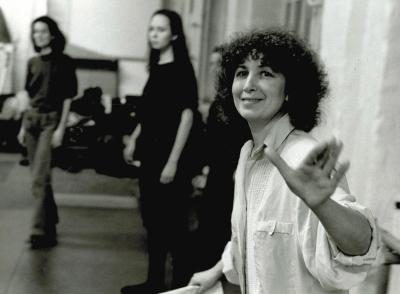
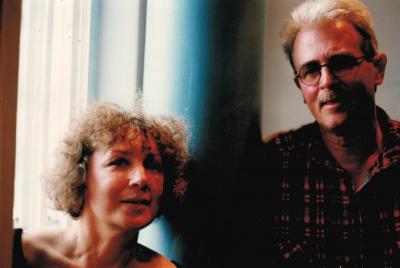
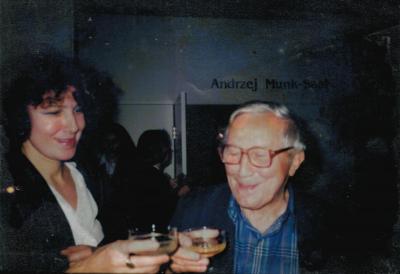
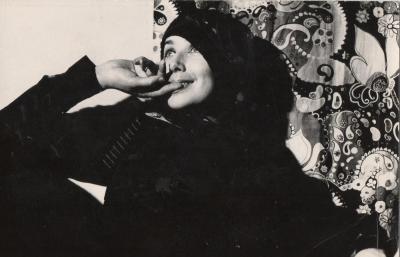
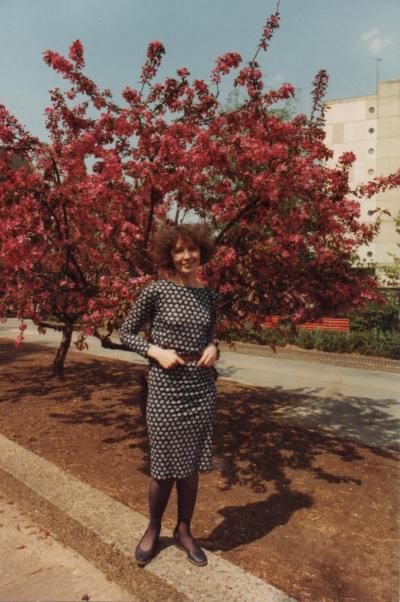
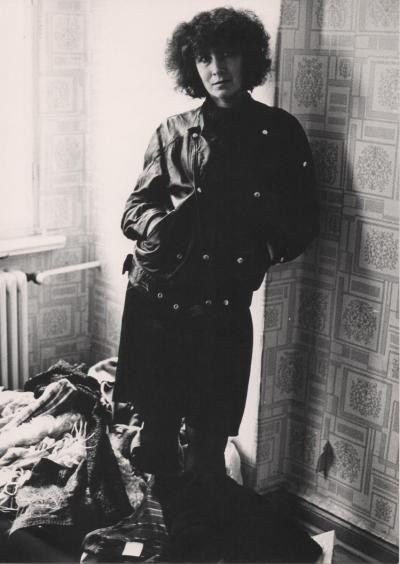
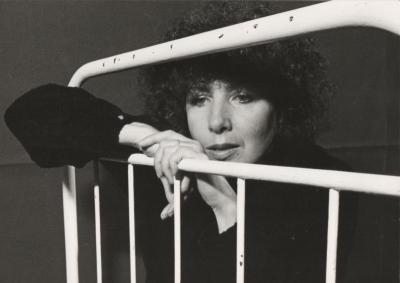
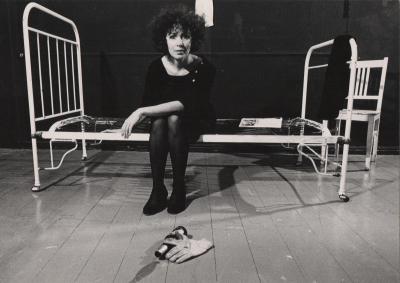
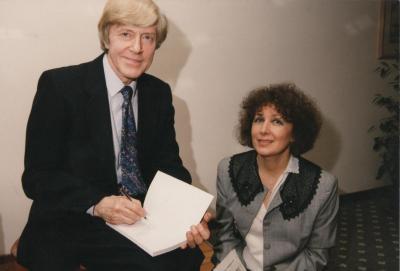
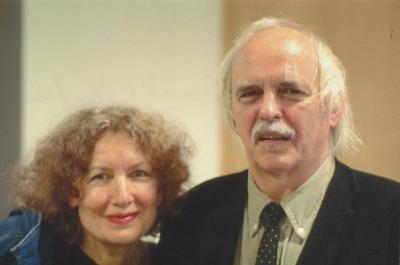
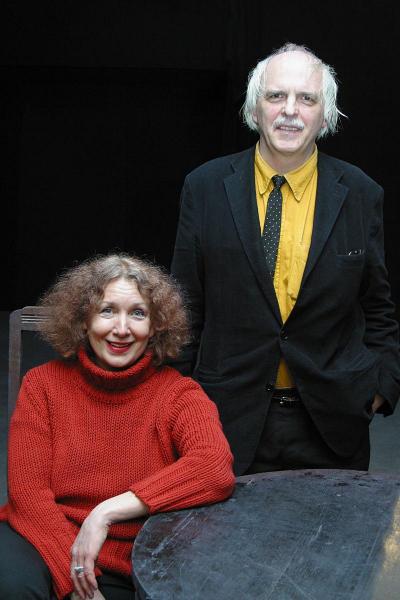
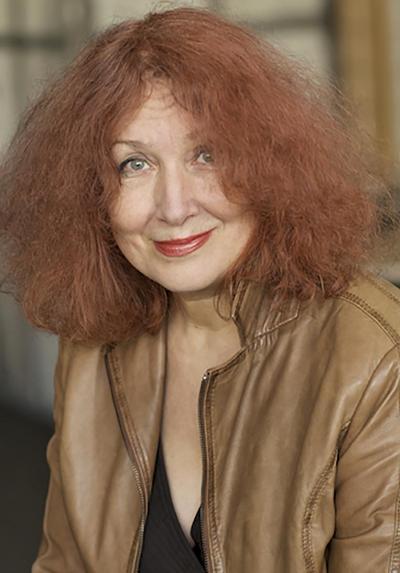
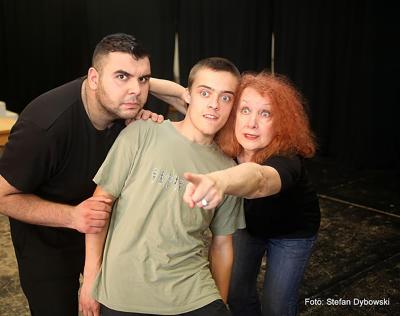
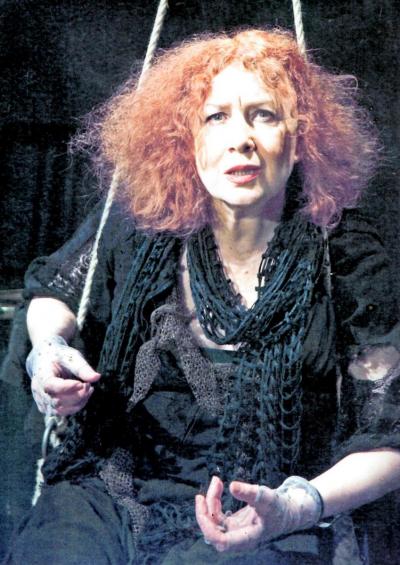
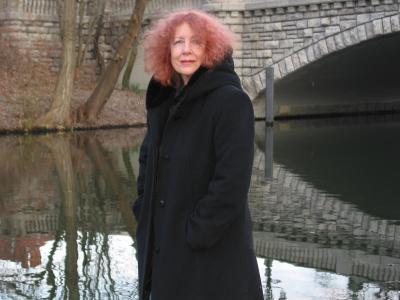

Film "The Madman and the Nun" - St. Ignacy Witkiewicz, Filmstudio Transform, Director: Janina Szarek

Jubileusz 16-lecia Szkoły Aktorskiej TRANSform oraz 14-lecia Teatru Studio
































For the opening premiere, the theatre’s founders chose the stage play “White Marriage” (Białe małżeństwo) by Tadeusz Różewicz. In a symbolic gesture, the author, himself a great proponent of the theatre’s founding, and Henryk Bereska, who translated the play into German, declined their fee in order to express their support for the initiative. Różewicz became the spiritual patron of the theatre which he called a “theatre of biological and artistic renewal”. Janina Szarek wrote about his role in the creation of the theatre: “Irrespective of this author’s works being produced in our theatre, Tadeusz Różewicz has a special place in our theatre, particularly in the process of developing the German-Polish theatre in Berlin and in the history of our theatre. In some respects, he has become the driving force of the idea, its patron and its inspirer. From the very beginning, he believed in the special purpose of this undertaking and the interest and good will he showed gave us courage and strength... (…) The selection of his play for the act of opening the theatre was intuitive and automatic although we already knew each other and stayed in touch. Today, I am of the opinion that no other author would have been better for it...”autor nie nadawałby się do tego lepiej.“[9]
Both the production and the creation of the German-Polish theatre were received to enthusiastic acclaim by the audience and by the media. Only two months later, in 2004, the theatre was given a grant by representatives of the Federal Government for Culture and Media to buy technical equipment. In June 2004, the next premiere was held – a production of the stage play “Transatlantik” by Witold Gombrowicz. In the years that followed, the theatre put on further productions, invited guest ensembles to perform and toured Poland and Germany with its own repertory company.
The style of Janina Szarek’s productions is very individual to her. Her theatre is shaped by the unusual emotionality of the productions. These productions are perhaps a response to German theatre, which seemed to her to be too intellectual and is due to the fact that the German perception of the world differs from the Polish perception. “The differences between the German and the Polish mentalities can generally and roughly be defined as a conflict between intellect and emotion. This is a typical conflict between Eastern European and Western European mentalities.”[10] At the same time, the perception of the world through the prism of emotions for art is something which has proven itself well. “The Poles”, says Janina Szarek, “are like little children, they are more emotional. The Germans are much more mature. Poles are not very good at politics. But one has this madness in art.”[11]
The Teatr Studio has worked with the Warsaw Akademia Teatralna (Theatre Academy) more or less from the start. In 2006, the Berlin theatre started a regular collaboration with the Teatr Współczesny in Szczecin. In January 2007, the premiere of the stage play “The Old Woman Broods” (Stara kobieta wysiaduje) by Tadeusz Różewicz was held in Berlin; the play was created in tandem with the theatre in Szczecin. Janina Szarek played the lead role and directed the play. It was Różewicz himself who gave the impetus for this, saying that the actress “...is at a good age, physically and mentally, to play the lead role.”[12] The performance was very well received by the audience and was soon taken on tour throughout Poland and Germany. In total, the stage play was performed 70 times. The production of “Ubu Roi”, which was also developed with the Teatr Współczesny in Szczecin, was a success.
[9] Janina Szarek, Foreword..., p. 10.
[10] Ibid.
[11] Nicole Köstler, Spielen heißt kämpfen, Tagesspiegel, 16/4/2010 https://www.tagesspiegel.de/kultur/theater-spielen-heisst-kaempfen/1801912.html
[12] Maria Dębicz, Das war ein neuer Ort für Tadeusz Różewicz in Berlin im Jahr 2004, [in:] Teatr Studio am Salzufer – Tadeusz Różewicz Bühne. 10 Jahre der deutsch-polnischen Studiobühne in Berlin, Kraków 2015, p. 55.





















































































